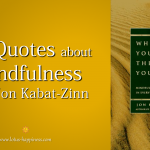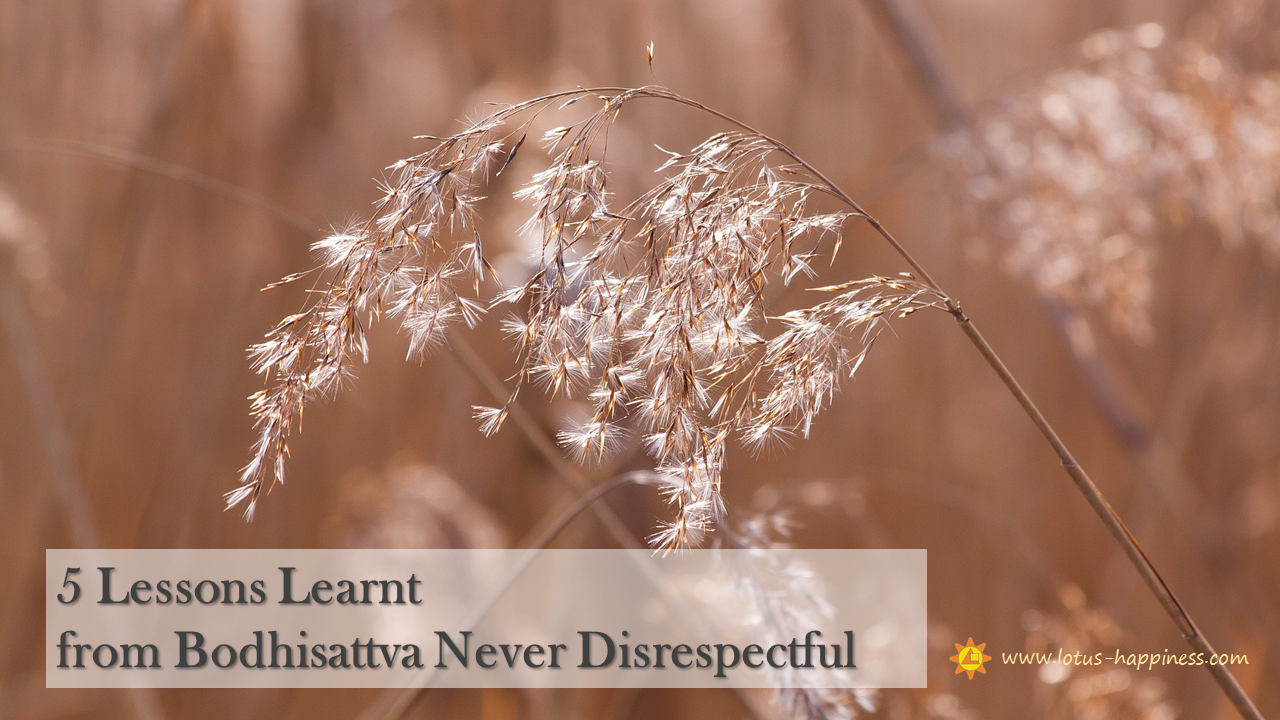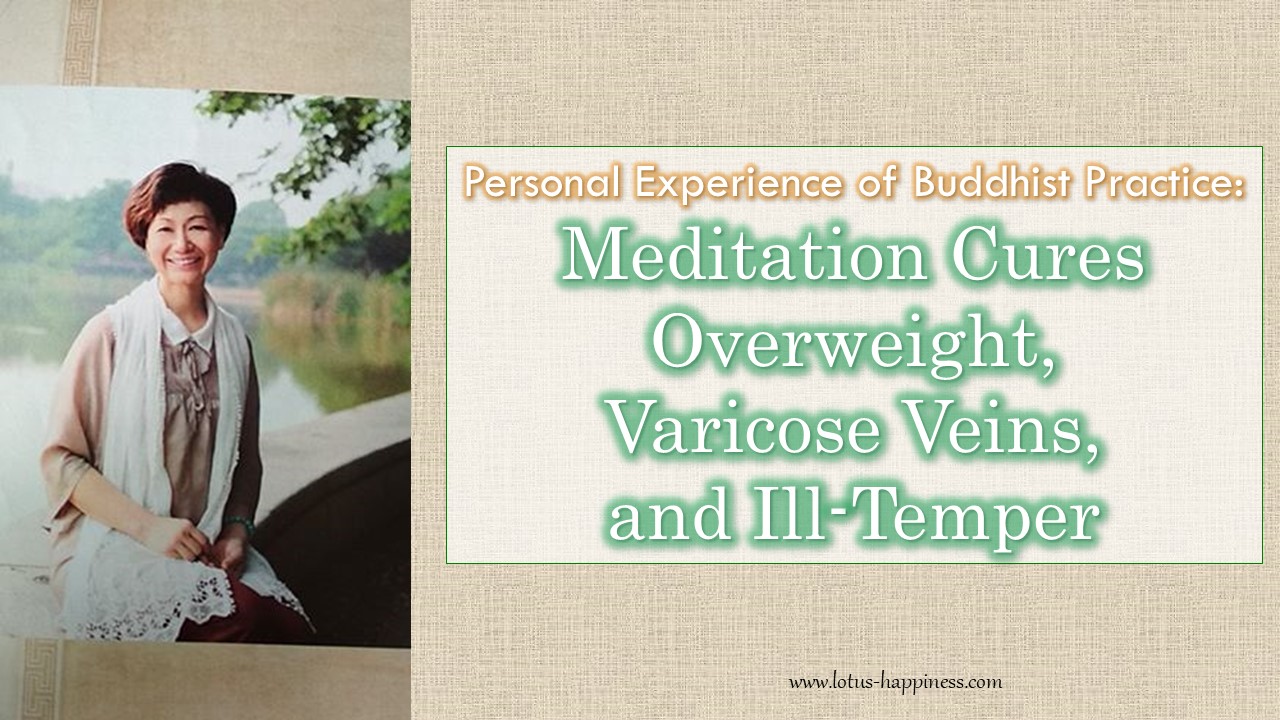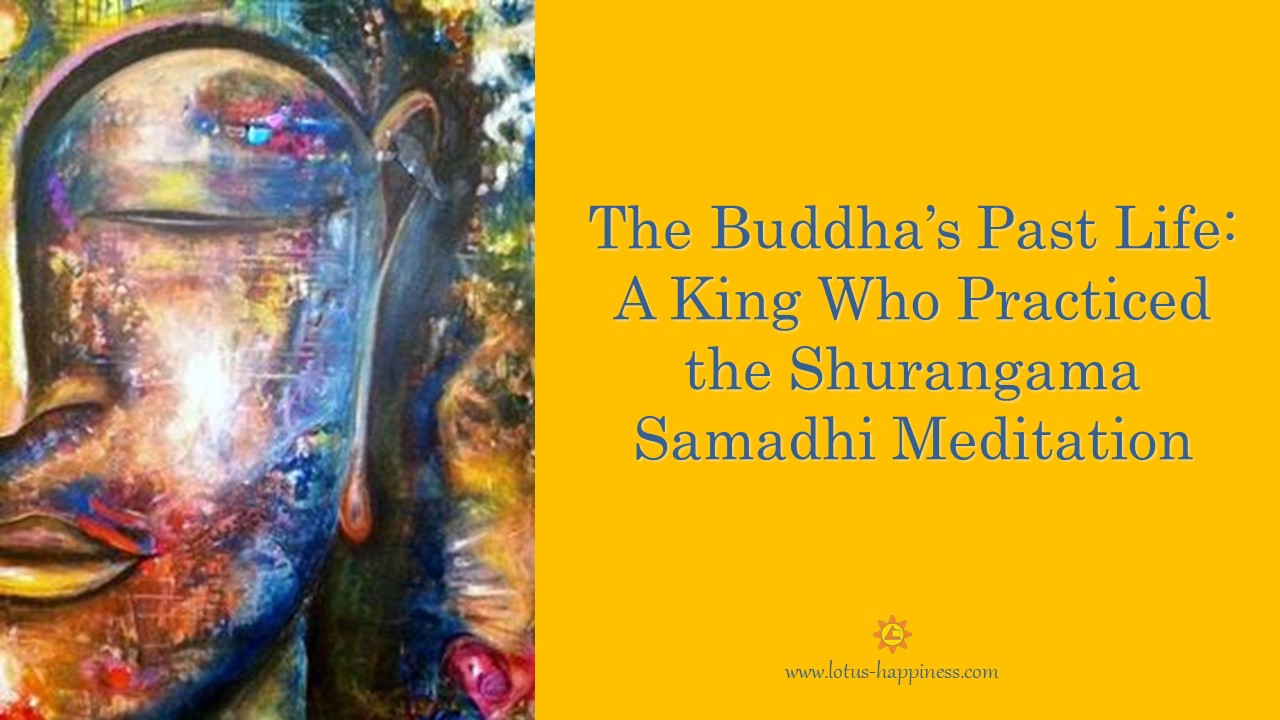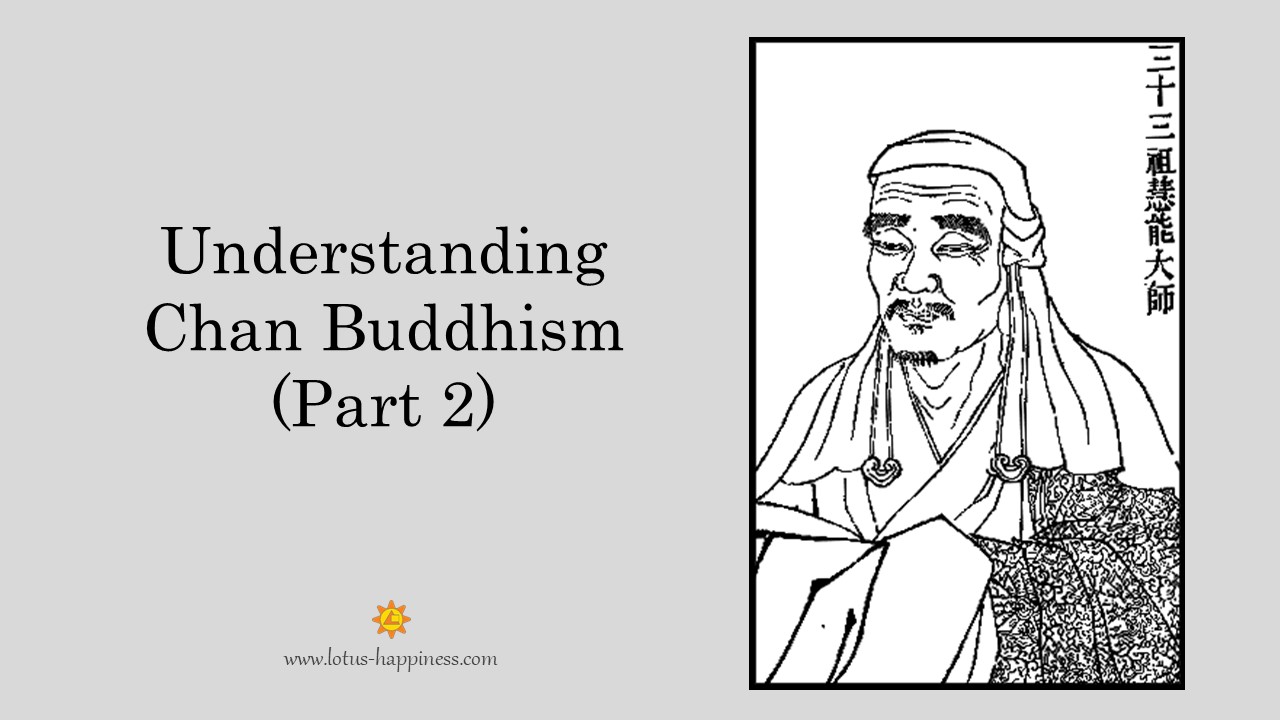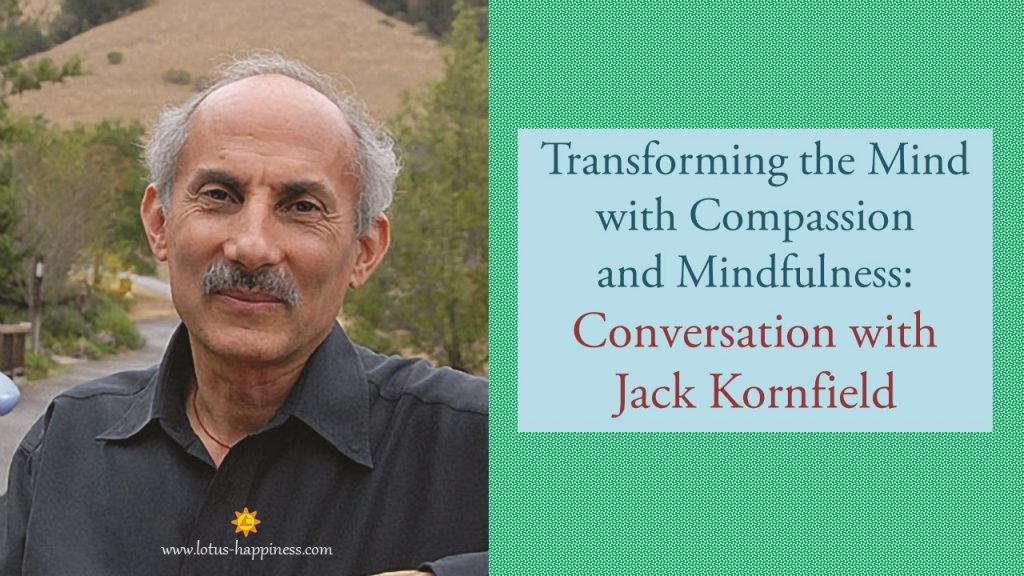
Transforming the Mind with Compassion and Mindfulness
Jack Kornfield, a well-known meditation teacher since 1974 and a prolific best-selling author in the Vipassana Movement in American Theravada Buddhism speaks to Esther Thien on the power of compassion and mindfulness to change our lives.
Esther: You have come a long way being a Buddhist teacher. Could you share with our readers what inspired you back then in your youth to be trained as a Buddhist monk and study under Luang Por Ajahn Chan?
Jack: As a young man, I began my university studies to become a doctor. Then I encountered the Buddhist teachings and was inspired by the Noble Truths leading to the end of suffering. At that time, there was a great deal of pain in my family. I had a violent and abusive father and other difficulties, hence I really needed to find inner peace as well as understand meaningfully what I had experienced. I volunteered to join the Peace Corps to work on rural tropical medicine teams in Thailand, because it was a Buddhist country where I could find a teacher. By chance, I encountered Ajahn Sumedho who had just returned from his first year with Ajahn Chan. He explained that Ajahn Chah was a wise teacher who demanded a lot from his students. This was just what I was looking for, so I set out to find him and begin my studies with him.
Esther: You have studied under many great teachers. Please tell us what is common amongst them and what is different?
Jack: While I have studied with many great teachers, the best of them all point directly to the nature of the mind itself. Discovering that the true core of our entire being is emptiness, compassion, and awareness itself brings true liberation. They used many different skilful means to help release clinging and identification with the small sense of self. And all of them pointed to an inner freedom of spirit that is not limited by the ever-changing circumstances of the world.
Esther: More and more Westerners are sitting up and starting to study the Buddhist teachings in-depth, yet many youngsters in Asian societies perceived Buddhism to be old-fashioned and passe. Why do you think there is such a shift?
Jack: There is a huge wave of interest in mindfulness, compassion, and Buddhist teachings across America. Young people especially are excited and interested to learn the Dharma. This is because they have experienced the increase in stress, materialism, environmental destruction, unhealthy competition, and lack of meaning in modern society and want a way to live more happily and wisely.
They have seen that in recent decades, Buddhist practices have been validated by thousands of neuroscience studies. They have been scientifically proven to reduce stress, build emotional resilience, develop steadiness and inner strength and foster loving-kindness and well-being. So now, trainings on mindfulness and compassion are being incorporated into thousands of school systems, medical clinics and used in business, athletics, the arts, law, and many other places.
Perhaps the reason that youngster in Asian societies see Buddhism as old-fashioned and passe is because their grandparents’ main form of practice was mostly devotional. They would go to the temples to pray and give offerings in hope for a better life. Rarely did this include learning the transformative Buddhist practices of mindfulness, compassion, wisdom, and joy, which were more reserved for the monks and nuns. Now it is clear that the whole world needs these practices, and young people in the West are experiencing their benefits.
Esther: Last year, you conducted a retreat here in Singapore at KMSPKS Monastery called “The Power of Mindfulness and Compassion in the Modern World.” What exactly is that power and how would you describe this power to someone who is completely new to mindfulness?
Jack: The power of mindfulness is its wonderful capacity to make the mind balanced and clear in any situation. Instead of getting caught up by stress, worry, and reactions, we become peaceful and centered. Then, regardless of the difficulties facing us, we can see more clearly and wisely, and tend to ourselves and the world around us in a wise and empowered way.
Esther: Transformation of the heart and mind is so important in the spiritual path. How can one initiate this process and stay on course for transformation?
Jack: The Buddha and all great teachings show us that a positive transformation of the heart and mind is possible for us. We can grow in wise understanding and compassion. But it doesn’t happen by accident. It comes about through developing the mind and heart, through practising inner trainings like those of mindfulness, compassion, courage, patience, ethics, and loving-kindness. If you can find a place to learn these methods, they will change your life.
Esther: Does someone who mediate, or is mindful at all times, no longer suffer?
Jack: Ahh, an interesting and idealist question. Alas, I’m not mindful all the time, and I’m not sure I have met anyone else who is, so I can’t answer this question. But I can say this for certain: the more we live with mindfulness, the less we suffer. And this can change your whole life!
Esther: In your own spiritual journey as a meditation teacher for many decades, what is the one thing that strikes you, working with people and their pain, difficulties, and unhappiness?
Jack: An essential quality needed on the spiritual journey is self-compassion. This spiritual path is neither a grim duty, nor another place to reinforce self-criticism and judgement. It is a way to develop loving-kindness, first for yourself, and then for all those you meet. Wisdom and understanding only deepen and ripen in the heart and mind when they are cultivated in a field of love.
Esther: I really like the river analogy you mentioned in a teaching of yours. Could you elaborate further for our readers’ benefit?
Jack: The Buddha taught that we are made of the five skandas or rivers of experience. We are an ever-changing river of senses, a river of feelings, a river of perceptions, a river of thoughts, and a river of consciousness. When we realise that who we are including all things around us are flowing like fluctuating rivers, instead of grasping, we can relax and find a peaceful composure amidst it all, and then act from clarity and care rather than from a fear of change.
Esther: What is the one take-home message you would like to share with our readers regarding the Buddhist path?
Jack: Singapore and Asia have a magnificent long history of Dharma, wisdom and inner development. Our modern lives and the modern world need this more than anything else. The outer material successes won’t bring happiness unless they are also married to a wise and peaceful heart. The beautiful thing is, these qualities can be learned. Training in mindfulness and compassion will change your life and will also help you navigate and bring wisdom to the modern world.
Source: Awaken 34 Jan-Apr 2016

